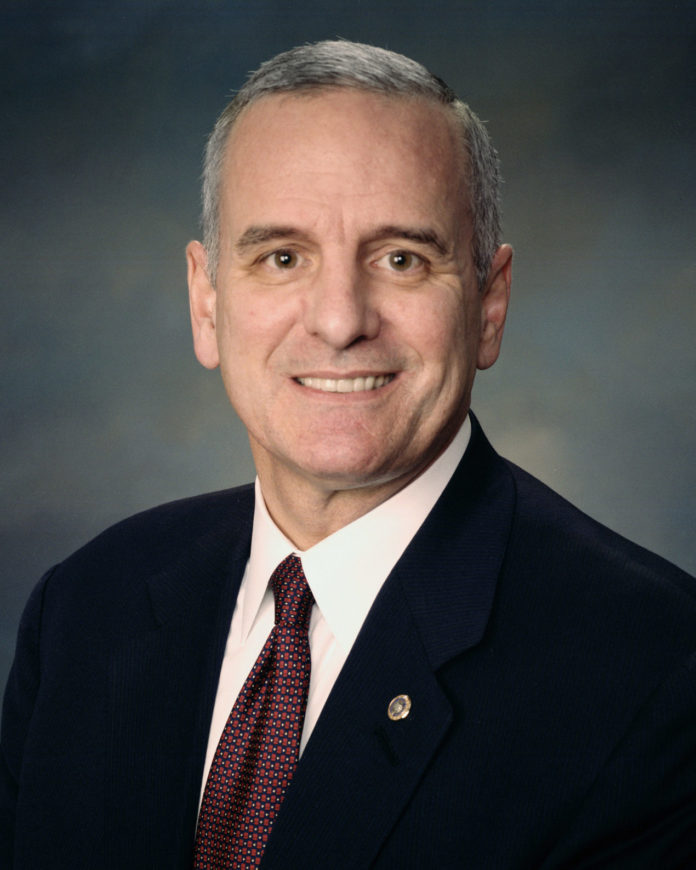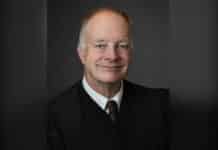ST. PAUL, Minn.- The Minnesota Supreme Court heard oral arguments in the legal standoff between Gov. Dayton and the Minnesota legislature on Monday.
The case, which examines the constitutionality of Dayton’s decision to defund the Minnesota legislature via a line item veto of appropriations on May 30, was originally ruled as unconstitutional by the lower court.
Dayton’s attorney, retired Minnesota Supreme Court Justice Sam Hanson, went first. Minutes into attempting to explain the context of Dayton’s veto, Chief Justice Lorie Gildea forced him to the point with a curt question, “Can we just get to it?”
Justice David Lillehaug questioned Hanson on the scope of the case, when the attorney started to discuss the subsequent actions by the governor. Lillehaug clarified that the question at hand was “whether the governor’s vetoes issued on May 30 were null and void when they were issued.”
Hanson framed the veto as action by Dayton to simply get the legislature back to the table on some of the items within the appropriations bill and not a permanent action, which previous case law has deemed unconstitutional.
Justice Natalie Hudson responded, “How do we know it’s not permanent?”
Hanson’s response that the legislature had a large reserve to maintain its core functions, seemed to answer whether or not the veto had in fact abolished the legislature, in function.
On the flip side, the justices were critical of the legislature’s attorney Doug Kelley’s insistence that Dayton’s defunding abolished the legislature in reality or in function.
“Aren’t you engaging in a little bit of hyperbole,” Hudson questioned, “The legislature is not abolished.”
Kelley was insistent during his argument that the case before the Minnesota Supreme Court was different from other cases which had rulings leaning towards the governor’s favor. Simply put, the legislature was in the unique position, due to being on recess, to not be able to defend themselves from Dayton’s actions.
Perhaps one of the tensest moments during oral arguments was when Chief Justice Lorie Gildea asked Hanson, “If we agree with you that the Governor’s authority to line item veto the appropriation [is constitutional], then what’s to stop a future governor or future legislature from defunding the judicial branch of government?”
Hanson responded that the powers in question during the trial are ones the governor has had for over 100 years and possesses today. To rule against his use of these powers would be to surrender the rights of the governor’s office and give greater power to the legislature.
Both Kelley and Hanson were asked by the justices whether or not the Minnesota legislative and executive branches would be able to move forward with negotiations until the question before the court was answered.
Both responded that the branches were at an impasse.
“If (the court) rules in the governor’s favor he has more power than ever before,” Senate Majority Leader Paul Gazelka said in an interview with the Star Tribune.











